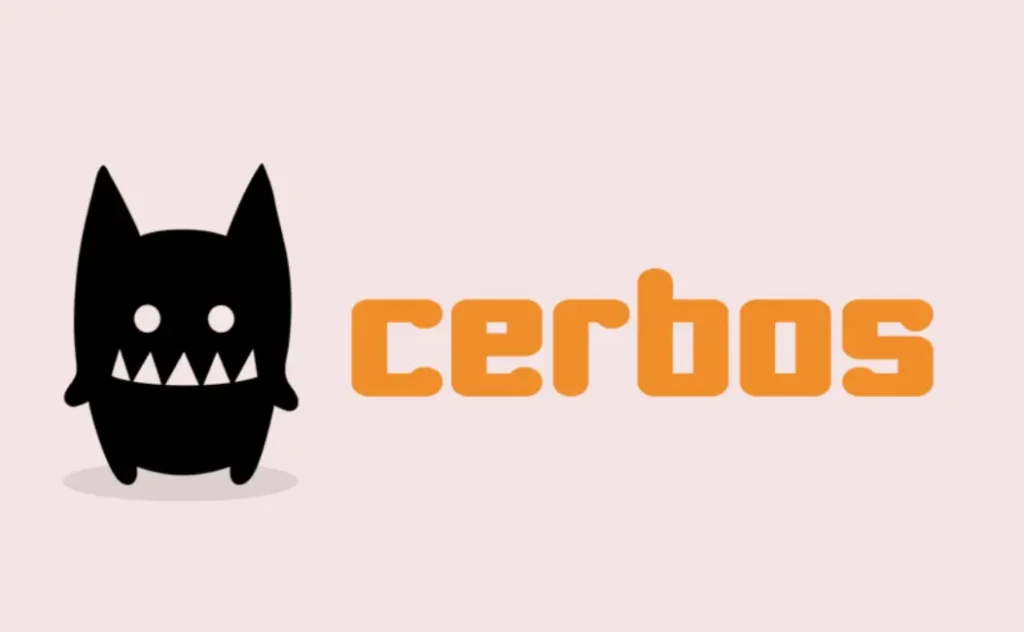Cerbos is an open-source policy decision point (PDP) designed to simplify and standardize access control across modern, cloud-native applications. By decoupling authorization logic from application code, Cerbos enables developers to define and manage fine-grained access policies efficiently.

Cerbos PDP (Policy Decision Point):
The core component of Cerbos, the PDP, allows developers to create context-aware access control policies using a declarative policy language. This approach facilitates the definition of rules based on user roles, resource attributes, and environmental factors, enhancing security and maintainability.
Key Features:
- Decoupled Authorization: Separating access control from business logic results in cleaner application code and simplifies policy updates without redeploying applications.
- Flexible Policy Language: Cerbos supports both Role-Based Access Control (RBAC) and Attribute-Based Access Control (ABAC), allowing for dynamic and context-aware authorization decisions.
- Seamless Integration: With SDKs and APIs for major programming languages and frameworks, Cerbos integrates smoothly into existing architectures, including monolithic, microservices, and serverless environments.
- Open-Source Community: As an open-source project, Cerbos benefits from active community contributions, ensuring continuous improvements and support.
- Deployment Options: Cerbos can be deployed as a sidecar, service, or even as a WebAssembly module for in-browser authorization checks. This versatility ensures that Cerbos integrates seamlessly into diverse architectures, including microservices and serverless environments.
Cerbos Hub:
For enterprise needs, Cerbos offers Cerbos Hub, a cloud-hosted control plane that enhances the capabilities of the open-source PDP. Cerbos Hub provides centralized policy management, versioning, audit logging, and monitoring, making it suitable for complex organizational requirements.
Key Features of Cerbos Hub:
- Centralized Policy Management: A user-friendly interface for managing and versioning policies across multiple PDP instances, facilitating collaboration among teams.
- Audit Logging and Monitoring: Comprehensive audit logs for policy changes and access decisions, aiding in compliance and security monitoring.
- Granular Permissions and Roles: Support for fine-grained role management and custom access controls, ensuring precise authorization.
- Support for Multiple Environments: Management of policies across various deployment environments (development, staging, production) within a single platform.
- High Availability: Options for high availability configurations to meet mission-critical application requirements.
Integration with Modern Ecosystems:
Cerbos integrates seamlessly with various Identity Providers (IdPs) such as Okta, Auth0, and Active Directory, enabling cohesive user authentication and authorization workflows. It also supports major programming languages and frameworks, including Python, Go, Java, Node.js, Spring, Django, and Express. Additionally, Cerbos is compatible with Kubernetes and other cloud-native tools, making it suitable for containerized environments.
Developer Experience:
Integrating Cerbos into an application is straightforward. Developers can define policies that dictate which users or roles have access to specific resources or actions. Cerbos provides SDKs for various programming languages, facilitating easy integration with existing codebases.
The Cerbos Playground offers an interactive environment to prototype and test policies, enabling developers to validate their access control logic before deployment.
Community and Support:
As an open-source project, Cerbos has an active community contributing to its development and providing support. Developers can access comprehensive documentation, join community discussions, and contribute to the project via its GitHub repository.
Conclusion:
Cerbos offers a robust and flexible solution for managing access control in modern applications. Its open-source PDP provides a solid foundation for implementing fine-grained authorization, while Cerbos Hub caters to enterprise requirements with advanced features. By integrating seamlessly into diverse ecosystems and supporting various deployment models, Cerbos empowers developers to implement scalable and maintainable access control mechanisms.
Learn More: AI and Machine Learning
How to use IndexedDB? Guide on Complete CRUD Operations and Best Practices
How to Run MongoDB in Docker- Step by Step Guide
Automated Log Cleanup for GBase 8a: A Step-by-Step Guide
How to Set Up a Self-Hosted PostgreSQL Database with SSL Support
7 Best Open-Source AI Coding Tools Every Developer Should Know